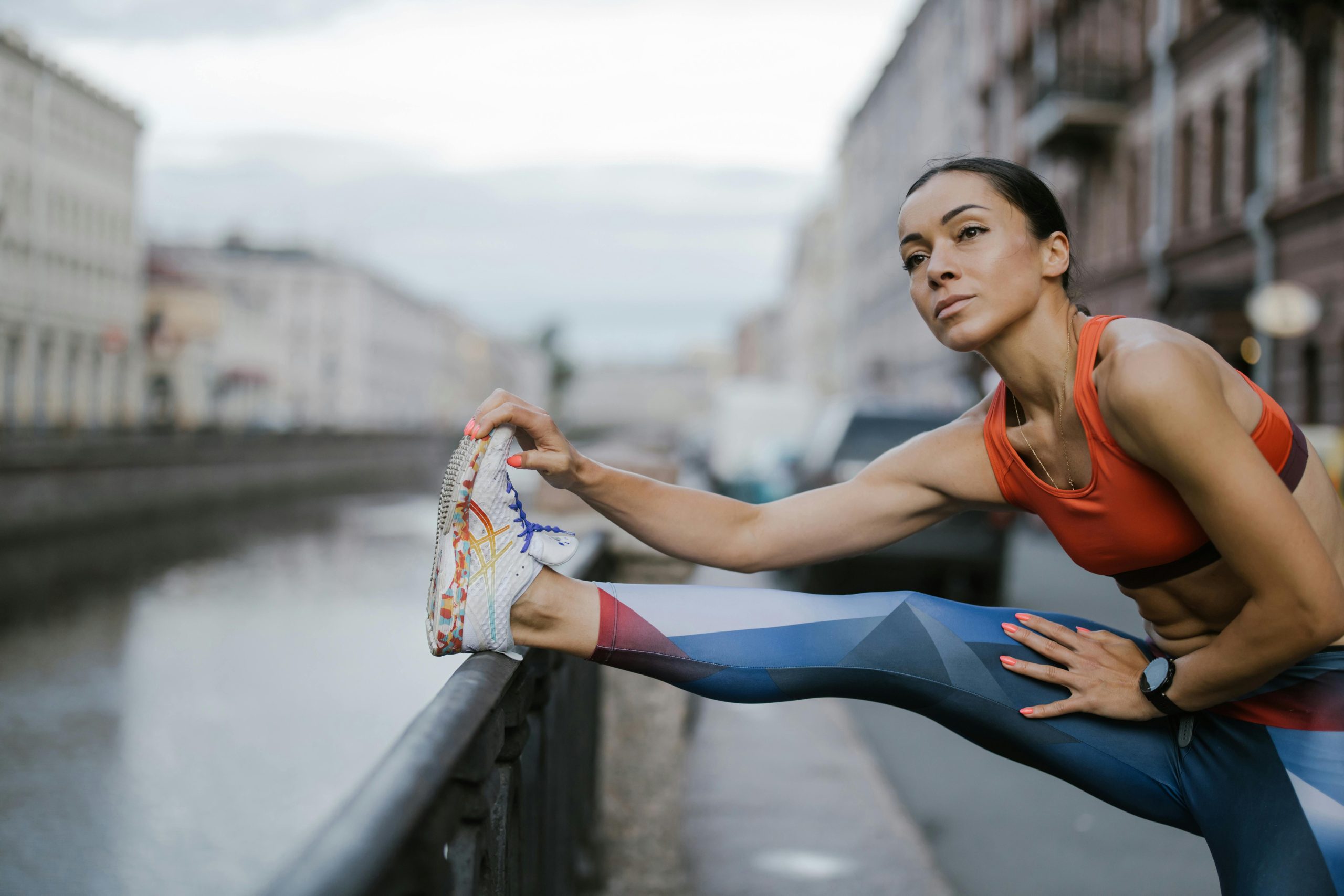Table of Contents
![]()
Introduction
Understanding the human body is not just for medical professionals; it’s a journey into a complex and fascinating system that performs incredible feats daily. This article explores some of the most interesting facts about our anatomy and physiology, showcasing the remarkable capabilities of our bodies.
The Basics of Human Anatomy
Overview of Body Systems
The human body comprises several interconnected systems, each playing a vital role in maintaining health and function. Key systems include:
- Skeletal System: Provides structure, support, and protection for organs.
- Muscular System: Enables movement through muscle contraction.
- Circulatory System: Transports blood, nutrients, and oxygen throughout the body.
- Nervous System: Controls body functions and responds to stimuli.
- Respiratory System: Facilitates gas exchange, supplying oxygen and removing carbon dioxide.
- Digestive System: Breaks down food for nutrient absorption.
Number of Bones and Muscles
Interestingly, infants are born with approximately 270 bones. As they grow, some of these bones fuse, resulting in an adult total of 206 bones. The adult body also contains around 600 muscles, which work in concert to enable movement.
The Brain and Nervous System
Size and Capacity of the Human Brain
The human brain is an astonishing organ, weighing about 3 pounds and consisting of approximately 86 billion neurons. Despite being only about 2% of body weight, the brain consumes around 20% of the body’s energy, highlighting its critical role in bodily functions.
Fascinating Brain Capabilities
The brain’s ability to store memories is staggering, with estimates suggesting it can hold the equivalent of about 2.5 petabytes of information—roughly 300 years of TV shows! Neuroplasticity, the brain’s ability to reorganize itself by forming new neural connections, allows it to adapt throughout life.
Interesting Facts About the Nervous System
Nerve impulses travel at remarkable speeds, ranging from 1 to 120 meters per second, depending on the type of neuron. The complexity of neural connections is mind-boggling, with each neuron potentially forming thousands of synapses with other neurons.
The Circulatory System
The Heart’s Remarkable Efficiency
The heart, a muscular organ, beats approximately 100,000 times a day, pumping around 5 liters of blood per minute. Over a lifetime, this equates to about 3 billion beats, moving enough blood to circle the globe multiple times.
Blood Composition and Volume
Blood consists of plasma, red blood cells, white blood cells, and platelets. The average adult has about 5 to 6 liters of blood, which is crucial for transporting oxygen, nutrients, and waste products throughout the body. Red blood cells, responsible for oxygen transport, have a lifespan of about 120 days.
The Respiratory System
Lung Capacity and Efficiency
The lungs have a total surface area roughly the size of a tennis court, maximizing the efficiency of gas exchange. Each day, a healthy adult breathes in about 11,000 liters of air, allowing for essential oxygen absorption and carbon dioxide removal.
Interesting Facts About Breathing
On average, a person takes about 12 to 20 breaths per minute. The diaphragm, a dome-shaped muscle at the base of the chest, plays a key role in breathing by contracting and expanding the thoracic cavity.
The Digestive System
Length and Complexity of the Digestive Tract
The digestive system is extensive, with the total length of the intestines in adults measuring about 7.5 meters (24 feet). This long, convoluted pathway allows for efficient nutrient absorption and digestion.
Gut Microbiome and Its Impact on Health
The human gut houses trillions of bacteria, collectively known as the microbiome, which outnumber human cells. These microbes play a crucial role in digestion, immunity, and even mood regulation, highlighting the complex interplay between our bodies and microorganisms.
The Skeletal and Muscular Systems
Unique Properties of Bones
Bones are remarkably strong; in fact, some are denser than steel. They continuously undergo a process called remodeling, where old bone tissue is replaced with new tissue, enabling adaptation to physical stress.
Muscle Types and Their Functions
The body contains three types of muscles: skeletal, smooth, and cardiac. Skeletal muscles, responsible for voluntary movements, come in two varieties: fast-twitch muscles, which are powerful but fatigue quickly, and slow-twitch muscles, which are more endurance-oriented.
Sensory Systems
The Five Senses
Humans have five primary senses: sight, hearing, touch, taste, and smell. Each sense has unique capabilities; for instance, the human eye can distinguish about 10 million colors, while the sense of smell can detect thousands of different scents.
Lesser-Known Senses
In addition to the traditional five senses, humans possess lesser-known senses such as proprioception, which helps us understand body position in space, and equilibrioception, which maintains balance and spatial orientation.
The Immune System
Complexity of the Immune Response
The immune system is a sophisticated network that includes various cells such as lymphocytes, macrophages, and antibodies, working together to defend against pathogens. It is capable of distinguishing between self and non-self cells, crucial for preventing autoimmune diseases.
Interesting Facts About Immunity
The microbiome not only aids digestion but also influences the immune system. A balanced microbiome contributes to stronger immunity, while dysbiosis can lead to various health issues, including autoimmune disorders.
Conclusion
The human body is a marvel of biological engineering, equipped with systems and functions that are both intricate and efficient. From the brain’s capabilities to the immune system’s defenses, understanding these facts helps us appreciate our bodies more. As we continue to explore human anatomy and physiology, we deepen our knowledge and encourage better health practices.
Share This





Be the first to comment